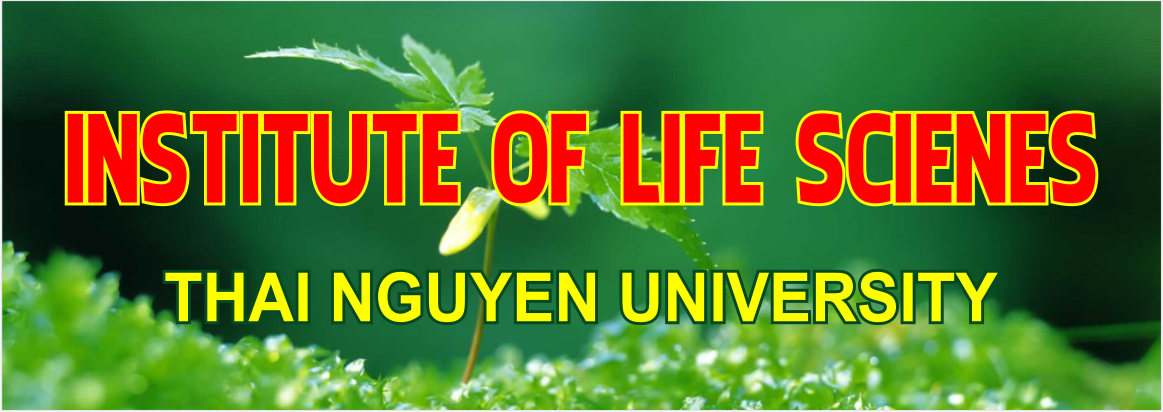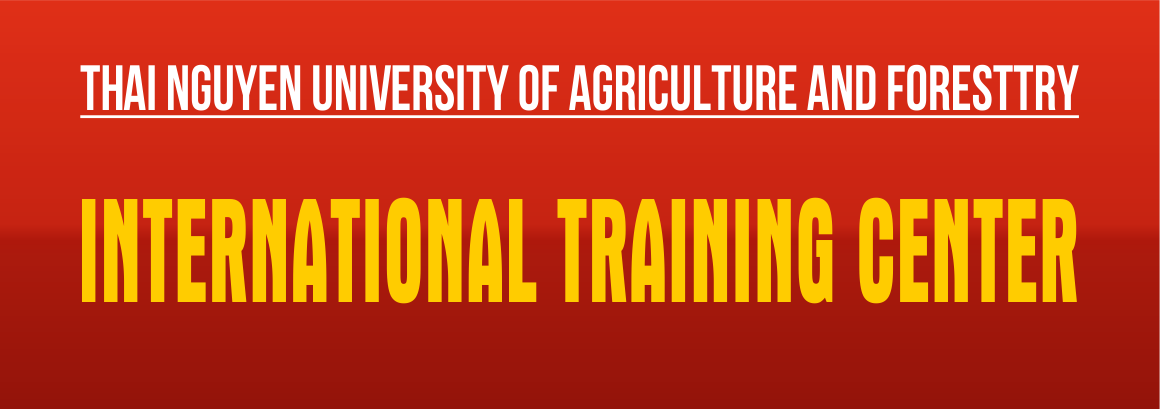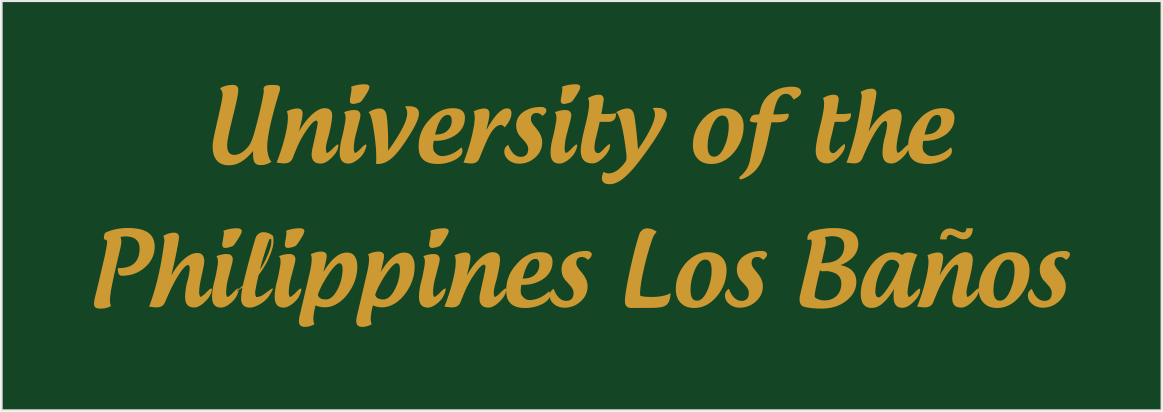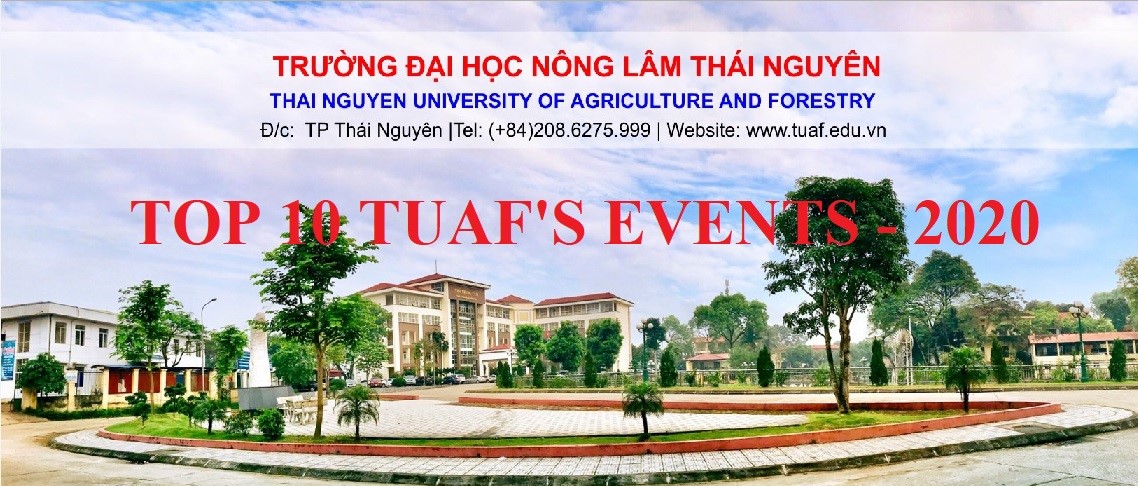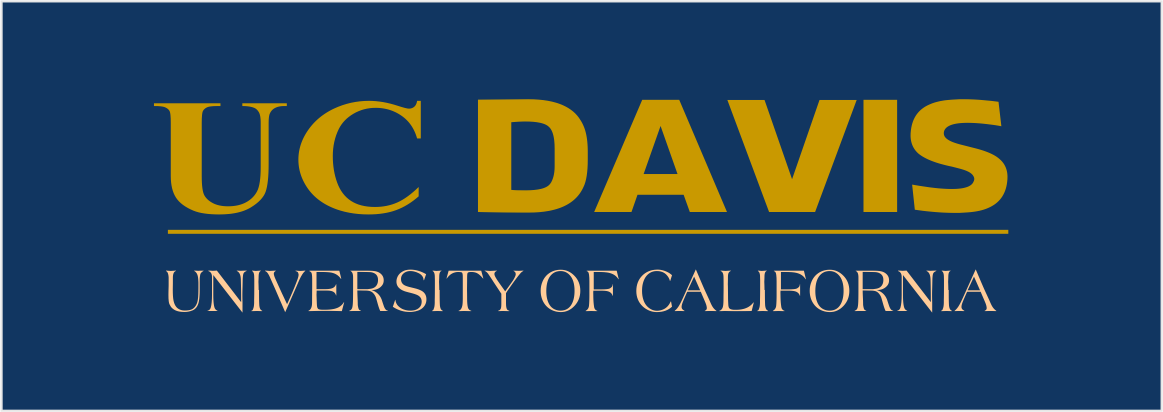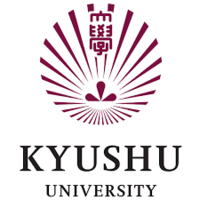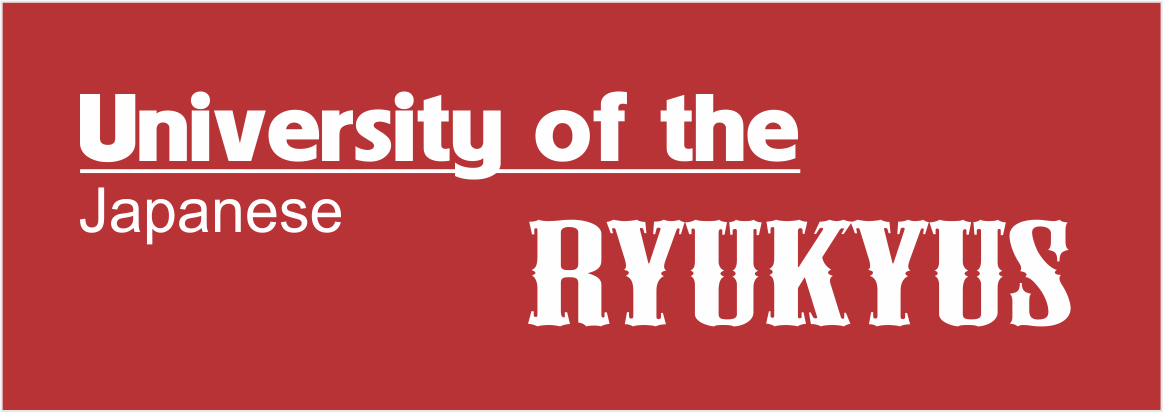We warmly invite you to join us in a unique experience that will contribute significantly to making systems thinking more mainstream. The 57th Annual ISSS World Conference will provide you with an opportunity to contribute to a showcase of advances in systemic sustainability initiatives from around the world with hands-on experience in the UNESCO Cat Ba Biosphere Reserve and at Hai Phong City, the first city in the world to be managed using an integral systems approach.
Be part of the co-creation of an international network of systems thinking in practice. Biosphere Reserves (more than 580 in 114 countries) are sites recognized under the UNESCO Man and the Biosphere (MAB) program to demonstrate innovative state-of-the-art approaches to conservation and sustainability. The fact that UNESCO has recommended the launch of a pilot project in the Cat Ba Biosphere Reserve to use these areas as learning laboratories is of great interest to systems scientists. Furthermore, at this conference you will experience how a series of Living Laboratories (LLabs) for major issues that various government departments of Hai Phong City are dealing with has lead to a highly innovative cross-sectoral and organic Master Plan for thrivable governance.
Connect your own research, projects and experiences with these vibrant initiatives of high significance to the world. We invite individual researchers, systemic learning labs, national and regional development initiatives, and other systemic programs with sustainability projects from around the world to participate in this international event.
The opportunity to compare and learn from many initiatives in systemic sustainability will create a unique potential at ISSS 2013. Participate, present, and experience cutting edge systems models and real-world applications of thrivability initiatives from around the globe. Get connected and be part of the first step in a series of related international events and gatherings of various communities that address issues of livability and thrivability in terms of systemic socio-ecological innovation. Witness and join in the international launch of the first ever Global Evolutionary Learning Laboratory as a vehicle for the ongoing development of thrivability initiatives the world over.
Visit the remarkable site of Hai Phong City and Cat Ba Biosphere Reserve to share your thought leadership and gain further scientific and practical advantages to better address your local systemic leverage points for emerging a global eco-civilization. Get involved and share your enthusiasm with attendees from all over the world. Let us extend the concepts and practices of systems thinking and the management of complex societal and ecosystemic issues together, curating the conditions for a thrivable planet.
Be part of this important event
This Conference offers the experience of a lifetime to have systems scientists and systems practitioners in one exciting place to form a Global Evolutionarly Learning Laboratory of systemic thrivability initiatives. Be a part of this world shifting initiative!
For further detailed information visit the website: http://www.isss.org/world/Hai_Phong_City_2013
The Conference Committee invites contributions from systems scholars and professionals — whether in the academic world, industry/commerce or professional practice — to engage with one another, to create a space where systems theory/modeling/simulation meets systems practice/living/being, to co-create a living network of institutions and individuals learning together how thrivability frameworks and practices help humanity tackle real world complex problems.
Call for Contributions and Papers
Abstracts are requested for the 57th Meeting of the International Society for the Systems Sciences. Paper submission is open from now until June 15, 2013. Registration is already open. Do not miss the early discounted rate until May 10, 2013!
Some topics of interest to be included in our venue are as follows:
Ways of learning and understanding from ourselves, from each other, from our more-than-human world, from the past and from the future:
o Approaches to research, discovery, innovation and development
o Informal/formal learning
o Trans-generational, cross-cultural learning
o Systemic approaches to individual and collective learning
o Gaming, gamification and the dynamics of games
o Multiple intelligence
o Whole person learning
o Inquiry based learning
Ways of organizing that use system theory and systemic thinking to resolving day-to-day challenges, and systemic approaches to issues of individual, collective and ecosystemic livability and thrivability:
o Personal, community, national security
o Food security, fresh water
o Energy
o Climate
o Population dynamics
o Inter-generational interdependence
o Health and wellbeing
o Cross-cultural medicine and wellness
o Resource equity
Ways of doing and systemic theory-based structures:
o Systemic approaches, tools, services, solutions, products that promote social interaction and inclusion
o New, open, inclusive forms of social, economic, political, and cultural participation; peer2peer models
o Livability of cities/states
o Sustainability theory (as thrivable theory)
o Alternative economies/societies
o Regenerating local community strength in network of cross-community relationships
o Interrelation of complex, socio-ecological adaptive systems
Ways of being and valuing:
o Behaviors, relationships, responses, engagements, attitudes that augment human interrelationships
o New mores, customs, rituals, ethical norms that hold the potential to bridge across belief systems
o Cross-cultural respect and opportunities to optimize learning and collaborative possibilities
Imagining a thrivable planet and a global eco-civilization:
o the new language of thrivability
o ideas, visions, dreams about a thrivable planet
o surfacing agreements and contrasting views on the notion of eco-civilizations and a thrivable planet
Important Dates
September 15, 2012 through June 15, 2013: Abstracts and papers will be accepted.
April 30, 2013: The deadline for workshop proposals.
May 10, 2013: The end of early, discounted registration.
June 15, 2013: The final deadline for abstracts. Only ONE abstract per registered participant will be accepted for the conference.
June 15, 2013: The deadline for poster abstract submission.
June 15, 2013: The deadline for full papers.
July 14, 2013: Pre-conference workshops are scheduled beginning on Sunday morning.
For further detailed information visit the website: http://isss.org/world/important-dates-for-isss
All submissions will be subject to peer review (with respect to academic works) or editorial review (with respect to accounts of systems practice). Abstracts and full papers of the accepted contributions will appear in the conference proceedings in the ISSS Journals published at http://journals.isss.org (ISSN 1999-6918) under a Creative Commons Attribution-NonCommercial-ShareAlike License.
For further detailed information for preparing abstracts and full papers for the conference visit the website:http://isss.org/world/preparing-and-submitting-abstracts-and-papers
Plenary Speakers
Dr Ervin Laszlo — recognized as founder of systems philosophy and general evolution theory, founder-director of the General Evolution Research Group and past president of the International Society for the Systems Sciences, founder of the Club of Budapest, nominated twice for the Nobel Peace Prize http://ervinlaszlo.com/notebook/biography/
Chrisna du Plessis — international expert on the development and evaluation of policy and research strategy for sustainable human settlement, building and construction within developing countrieshttp://www.csir.co.za/Built_environment/Planning_support_systems/staff_chrisna.html
Pamela Buckle Henning, Ph.D. — expert on organizational behaviour and unconscious processes in organizations, combines systems thinking and psychologically healthy human systems in her researchhttp://www.adelphi.edu/faculty/profiles/profile.php?PID=0344
Planetary Speakers
To be confirmed: next to the plenary and keynote speakers the meetings will be designed to connect the conference onsite with different parts of the world represented by planetary speakers via videoconferencing.
Keynote Speakers
Alexander Laszlo, Ph.D. — President-Elect of the International Society for the Systems Scienceshttp://en.wikipedia.org/wiki/Alexander_Laszlo_(scientist)
Prof. Ockie Bosch D.Sc. — Chair of the International Committee for Systems Education, Vice President of the International Society for the Systems Sciences, academician of the International Academy for Systems and Cybernetics Sciences, co-founder of the Systems Design and Complexity Management Alliance and the Global Evolutionary Learning Labshttp://www.adelaide.edu.au/directory/ockie.bosch
George Pór — evolutionary mentor and strategic learning partner to future-responsive leaders in business, government and civil society, in matters of radical innovation & resilience, inter-sector collaboration, collective intelligence & wisdom, communities of practice, “wildfire learning” & capability developmenthttp://futureconsiderations.com/who/team/core/george/
Dr Nguyen Van Thanh – Member of Vietnamese Communist Party Central Committee; Secretary of Haiphong Municipal Communist Party Committee; The Chairman People’s Council of Haiphong City - Viet Nam
Special Integration Groups (SIGs)
The conference theme, guiding questions, and sub-themes serve as platforms for consideration by the various Special Integration Groups that comprise the backbone of the ISSS.
The ISSS explores the multiple perspectives of systems science through its Special Integration Groups (SIGs). SIGs are formed from the collective interests of ISSS members, and represent the dynamics of creative exploration and philosophical/scientific integration that is at the core of ISSS work. Special integration groups (SIGs) and exploratory sessions are being planned in the following areas:
Agent-based Social Systems / Balancing Individualism and Collectivism / Critical Systems Thinking and Practice / Designing Educational Systems / Evolutionary Development / Foundations of Information Science / Health and Systems Thinking / Hierarchy Theory / Human Systems Inquiry / Information Systems Design and Information Technology / ISSS Roundtable / Living Systems Analysis / Monetary Systems / Organizational Transformation and Social Change / Relational Science / Research Towards a General Theory of Systems / Service Systems Science / Socio-Ecological Systems / Spirituality and Systems / Student SIG / Systemic Approaches to Conflict and Crises / Systemic Approaches to Persistent Poverty and Disadvantage / Systems Applications in Business and Industry / Systems Approaches in Arts-Informed Inquiry / Systems Biology and Evolution / Systems and Mental Health / Systems Modeling and Simulation / Systems Pathology.
For further information and contact details visit the webpages: http://isss.org/world/special_integration_groups and http://isss.org/world/SIG-call-for-papers
Students Awards
Students at all levels of study up through the doctorate are invited to submit their original work for the ISSS memorial awards. These awards are given in the names of Sir Geoffrey Vickers, Anatol Rapoport and Margaret Mead recognizing outstanding work by students in promising and emerging directions of the systems sciences. Each award winner will be widely recognized within the community and the ISSS
communication channels, receive a plaque and a check of $500. All participants will experience a thoughtful competition and a wonderful opportunity to connect with peers.
For further detailed information visit the website: http://isss.org/world/Student_Awards
Social Programs
There will be a welcome reception on Sunday evening, July 14. The conference banquet will be held on Thursday, July 18. Special programs will be designed through the whole conference including art inspirations from local artists at the start of every day, a special session on modern games that encourage system thinking and an exciting round trip to the UNESCO Cat Ba Biosphere Reserve that will showcase systems practice in action, curating thrivable conditions from around the world.
You may also want to book a roundtrip before or after the conference at your own expanses to experience a marvelous and unique country. We will highlight some opportunities for our participants at http://isss.org/world/Travel_and_Visas_2013
Registration Rates
The registration fee includes: Conference attendance at all sessions, the program/abstract book, reception on Sunday July 14, banquet on Thursday July 18, tea/coffee breaks and lunches from Monday to Friday, and the ISSS membership fees for 2014. The registration fee does not cover accommodation or transportation expenses to and from the conference site.
Registration fees are available on the website and registration is OPEN! For further detailed information visit the website:http://isss.org/world/isss-conference-registration
Venue
The conference will be situated at the remarkable site of Hai Phong City, the first city in the world to be managed using an integral systems approach and the UNESCO Cat Ba Biosphere Reserve. Biosphere Reserves (more than 580 in 114 countries) are sites recognized under the UNESCO Man and the Biosphere (MAB) program to demonstrate innovative state-of-the-art approaches to conservation and sustainable development. The fact that UNESCO has recommended the launch of a pilot project in the Cat Ba Biosphere Reserve to use these areas as learning laboratories is of great interest to systems scientists.
For further detailed information visit the website: http://isss.org/world/Info_Hai_Phong
Accommodation and Travel Information
Accommodation is available in a range of local hotels. For further details please check the website athttp://isss.org/world/Accommodation_2013 or contact isssoffice@dsl.pipex.com. NEW Information for travel and visa applications http://isss.org/world/Travel_and_Visas_2013, tourist information and accommodation have all been added to the conference web pages.
Be part of this important event
This Conference offers the experience of a lifetime to have systems scientists and systems practitioners in one exciting place to form a Global Evolutionary Learning Laboratory of systemic thrivability initiatives. Be a part of this world shifting initiative!
For further detailed information visit the website: http://isss.org/world/Hai_Phong_City_2013
For any questions regarding the information, please email the ISSS Office at isssoffice@dsl.pipex.com



